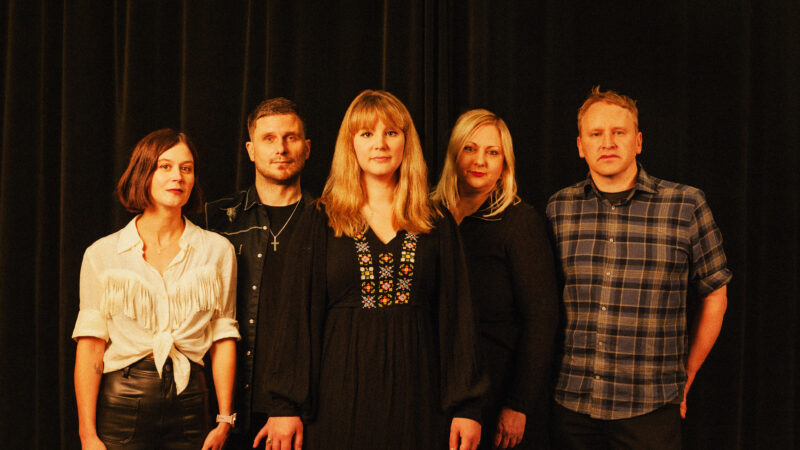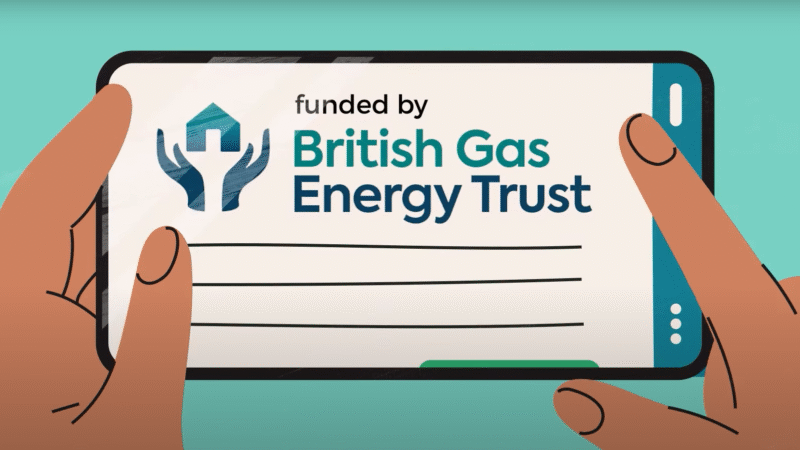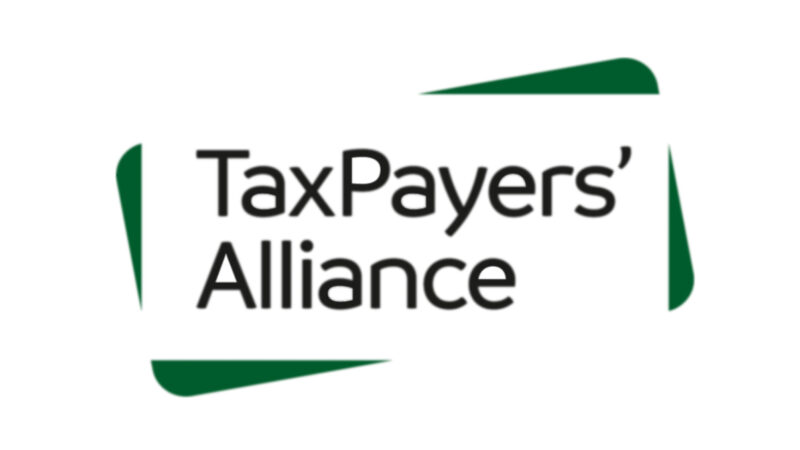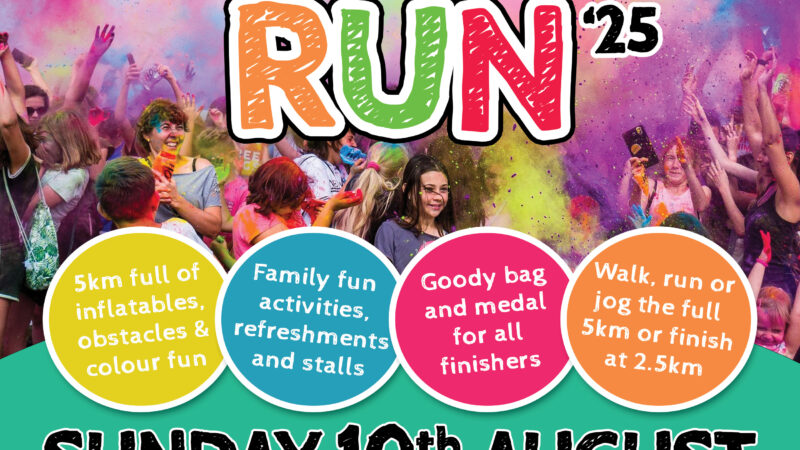Emily in Paris: 7 French phrases Emily got wrong!

The highly anticipated third season of Netflix hit Emily in Paris is set to hit our screens before Christmas, providing viewers with a great opportunity to brush up on some common French phrases.
Experts at award-winning language learning app Busuu have provided a French crash course to help people avoid the embarrassing situations that Emily encounters due to her limited language skills.
Photo credit: Pexels.com
The hit show, which features the adventures of an American influencer Emily (Lily Collins) as she makes her way at a Parisian marketing agency, will be back on screens on December 21st.
Viewers have been amused by Emily’s attempts to speak French with many entertaining situations arising from her shaky grasp of the language.
French can be a challenging language to learn, with its linguistic nuances and commonly mistaken phrases or faux amis (false friends) as Emily’s best friend Mindy calls them.
A spokesperson for Busuu said: “Emily in Paris has proven to be one of Netflix’s biggest hits with millions of us glued to our screens enjoying the beautiful Parisian setting.
“The show has inspired many to grab their passports and head off to France, but a visit to Paris is a lot more fun if you’re able to speak better French than Emily does in the programme.
“Visiting a country can be the most effective way to learn a new language, as it allows tourists to fully immerse in the culture and put their skills to practice when having conversations with native speakers.
“When Emily arrived in Paris, she soon learned that her lack of French can come across as arrogance and decided to make an effort to master the language.
“While taking classes is a good way to learn, Emily also got a lot of valuable language lessons while embracing the Parisian lifestyle.
Busuu have gathered some of the most common phrases that Emily got wrong when she first moved to Paris, so you can be more prepared when you wish to visit France.
Merci – Thank you
Wherever you travel, learning to say thank you in the native language is the least you can do to show respect to the locals. Merci is not particularly difficult to pronounce, however English speakers like Emily may make the mistake of pronouncing it as mercy when it should be pronounced “mairsee”.
Un pain au chocolat – Chocolate pastry
France is known for its delightful pastries, from classic croissants to delicious profiteroles. It’s good to brush up your knowledge on how to pronounce the names of these famous French treats, so you can avoid being taught a lesson in the bakery.
Bonne journée! – Have a good day!
Emily has a habit of mixing English words with French phrases. For example, when she wanted to wish a lady a good day, she said “have une bonne journée” when she should’ve just said “Bonne journée!”
La plouc – a hick
It’s worth being cautious when you get a nickname from the French because although it may sound cute and innocent, it can have a negative meaning. Emily got a nickname in the office – la plouc. When she questioned her colleagues about it, they told her it’s just a little ‘term of endearment’, however when she later googled it, she found out they’ve been calling her a hick.
La douche a cessé de fonctionner – The shower stopped working
When staying in Airbnb’s or hostels, you may encounter some issues with the facilities. If you don’t want to end up washing your hair in the bidet like Emily, it’s worth learning how to make a generic maintenance complaint. Whilst this is grammatically correct, when talking to someone who speaks French it would make more sense to say “la douche est cassée”.
Un croissant avec des conservateurs – Croissant with preservatives
Emily found herself in an embarrassing situation at a cafe when she ordered “un croissant avec le préservatif”. Despite it being a strange request, her intention was to ask for a croissant with preservatives, she actually asked the waiter to bring her a croissant with a side of condoms. This is one of those faux amis situations when words sound similar but have completely different meanings.
Pouvez-vous m’aider s’il vous plaît? – Can you help me please?
Asking for help in the local language is an essential thing to add to the trip preparation list in case you get into a sticky situation abroad. Emily unfortunately didn’t come prepared, so she couldn’t ask her landlady for help when she was fumbling with heavy boxes.






